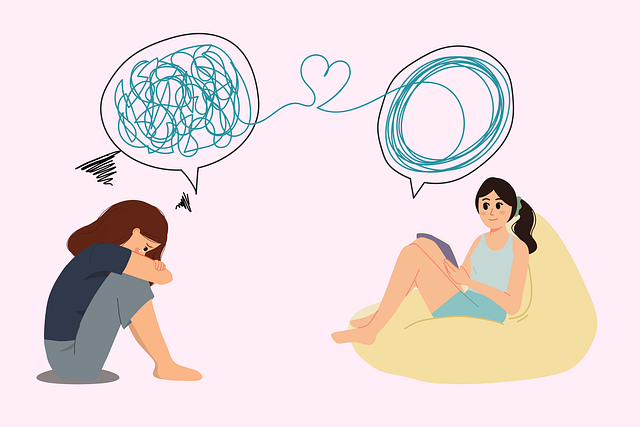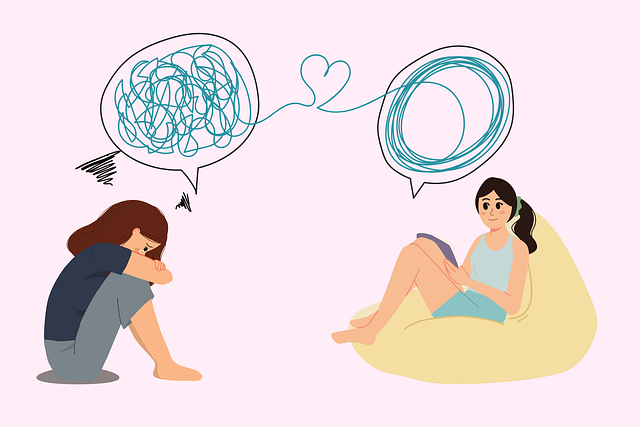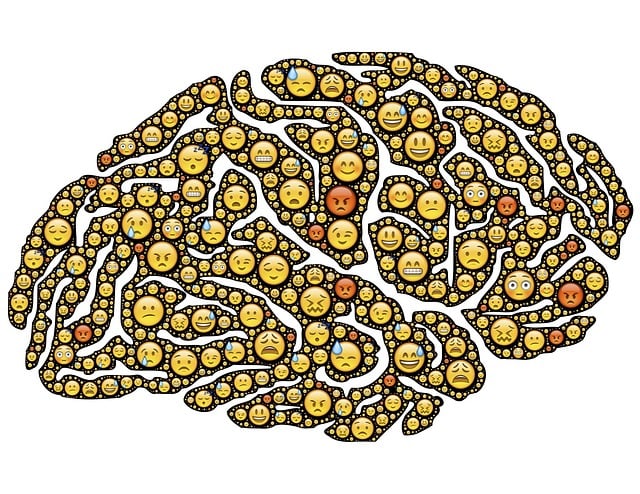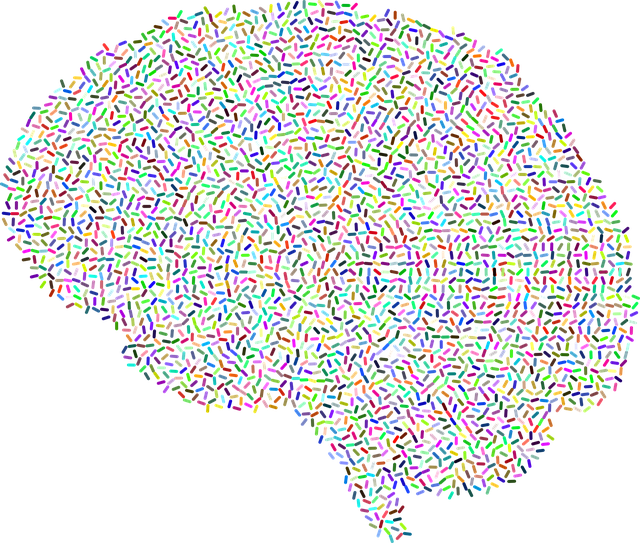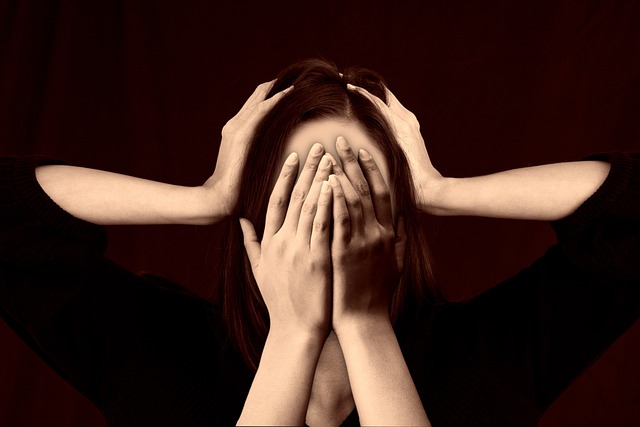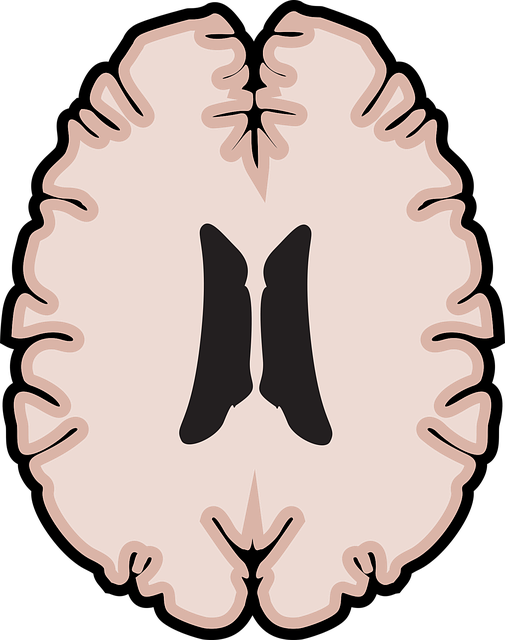Mental wellness is a crucial aspect of teen health, especially during physically and cognitively demanding years. For adolescent girls, self-care routines tailored to address unique challenges like sexual dysfunction can be transformative, incorporating mindfulness practices. Cultural competency training for healthcare providers is essential to create safe spaces for teens to discuss sensitive topics openly. Effective solutions include CBT therapy and personalized self-care routines that blend creative pursuits, mindfulness, and fitness. By integrating these strategies, adolescents can manage stress, foster self-acceptance, and revolutionize their mental health journey, particularly when dealing with sexual dysfunction. Building resilience through targeted interventions and normalizing conversations around mental health helps teens overcome barriers to self-care, enabling them to seek specialized therapy for adolescent teens sexual dysfunction and enhance psychological resilience.
Mental wellness self-care routines are essential for adolescent teens, especially when navigating the challenges of growing up. This article guides you through a comprehensive approach to fostering mental well-being, focusing on evidence-based practices tailored to teen needs. We explore strategies for identifying individual interests and incorporating them into daily routines, building resilience, and overcoming barriers often faced by young individuals. Additionally, we address the importance of therapy in managing issues like sexual dysfunction, offering a holistic framework for overall health and happiness.
- Understanding Mental Wellness and Self-Care for Teens
- Identifying Individual Needs and Interests in Self-Care Routines
- Incorporating Evidence-Based Practices into Daily Life
- Building Resilience and Overcoming Barriers to Self-Care
Understanding Mental Wellness and Self-Care for Teens

Mental wellness is a vital aspect of overall health for teens, encompassing emotional regulation and coping skills development. Adolescence is a critical period marked by significant physical, cognitive, and social changes, often accompanied by heightened stress and anxiety levels. Understanding mental wellness involves recognizing that it’s not just the absence of mental illness but also about fostering resilience and well-being.
For teen girls, self-care routines can be transformative, especially when tailored to address unique challenges such as sexual dysfunction or emotional struggles. This might include incorporating activities that promote mindfulness, like meditation or journaling, and seeking therapy if needed. Healthcare provider cultural competency training is essential to ensure teens feel comfortable discussing sensitive topics like sexual health and dysfunctions, fostering a supportive environment for open communication and effective treatment.
Identifying Individual Needs and Interests in Self-Care Routines

Creating a self-care routine tailored to individual needs is an essential step on the journey to optimal mental wellness. This process involves delving into one’s unique interests and identifying activities that promote healing and relaxation. For adolescent teens experiencing sexual dysfunction, incorporating specialized therapy sessions, such as those offered in the context of mental wellness podcast series production, can be transformative. These platforms often provide a safe space to explore sensitive topics and learn Mind Over Matter principles, fostering self-acceptance and improving overall well-being.
Understanding that each person’s path to mental health is unique, it’s crucial to integrate activities that cater to personal preferences. Whether it’s engaging in creative pursuits, practicing mindfulness exercises, or adopting a consistent fitness routine, these elements contribute to effective stress management. By recognizing and prioritizing individual interests, teens can develop self-care practices that not only address underlying issues like sexual dysfunction but also cultivate resilience and a positive mindset.
Incorporating Evidence-Based Practices into Daily Life

Incorporating evidence-based practices into daily life is a powerful way to foster self-care and improve overall mental wellness, especially for adolescents navigating challenging issues like sexual dysfunction or depression. Therapy offers valuable tools that can be integrated into a comprehensive self-care routine. For instance, Cognitive Behavioral Therapy (CBT) techniques teach individuals to identify and challenge negative thought patterns, thereby reducing symptoms of anxiety and depression.
This approach empowers teens with coping skills development, enabling them to manage their mental health proactively. By combining CBT with other evidence-based methods like mindfulness meditation and regular physical activity, adolescents can create a personalized self-care routine that addresses specific needs. Such routines promote resilience, enhance emotional well-being, and may even support those seeking therapy for adolescent teens sexual dysfunction by providing healthy coping mechanisms to process and manage related emotions effectively.
Building Resilience and Overcoming Barriers to Self-Care

Building resilience is a key aspect of fostering good mental wellness and creating a robust self-care routine. Adolescents and teens often face unique challenges that can hinder their ability to prioritize self-care, such as academic pressures, peer relationships, and navigating identity formation. Early intervention through therapy and support groups specifically tailored for this demographic can significantly enhance their coping mechanisms and overall well-being.
Overcoming barriers to self-care requires addressing underlying issues like mental illness stigma reduction efforts and crisis intervention guidance. Public awareness campaigns development plays a crucial role in normalizing conversations around mental health, encouraging teens to seek help without fear of judgment. By breaking down these barriers, adolescents are better equipped to embrace healthy habits, including engaging in therapy for adolescent teens sexual dysfunction, which can have profound positive effects on their psychological resilience and self-care practices.
Developing a mental wellness self-care routine is a proactive approach to fostering resilience in adolescent teens. By understanding individual needs and incorporating evidence-based practices, such as mindfulness and therapy for sexual dysfunction, teens can build coping mechanisms that enhance overall well-being. Overcoming barriers to self-care requires recognizing and addressing underlying issues, ensuring a holistic journey towards mental health and personal growth.

